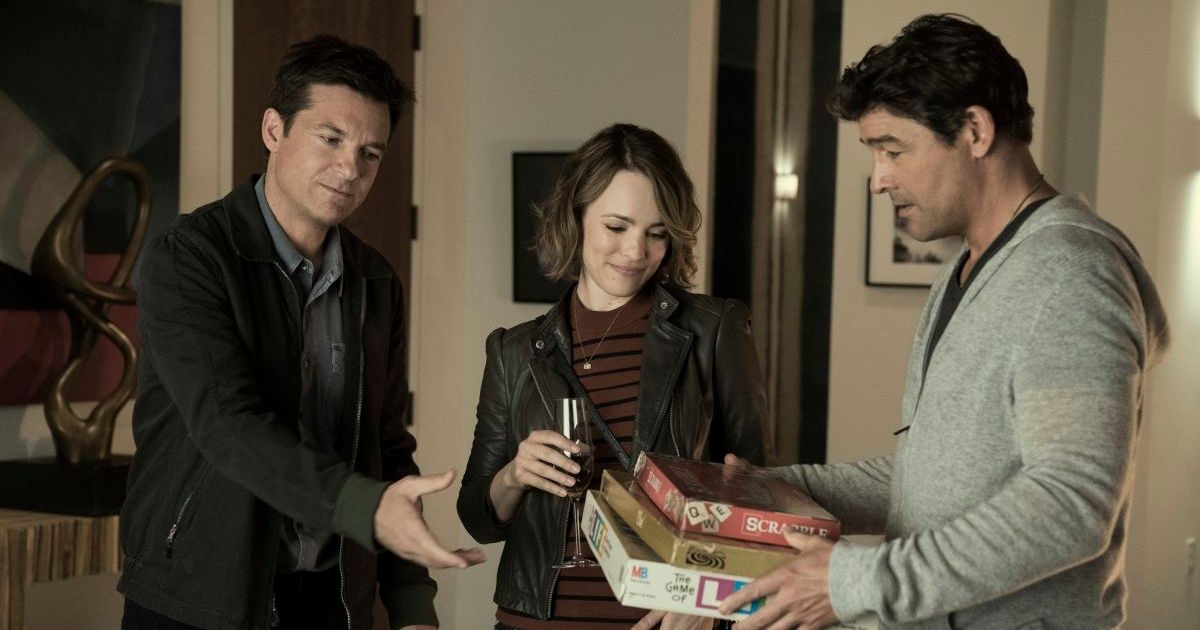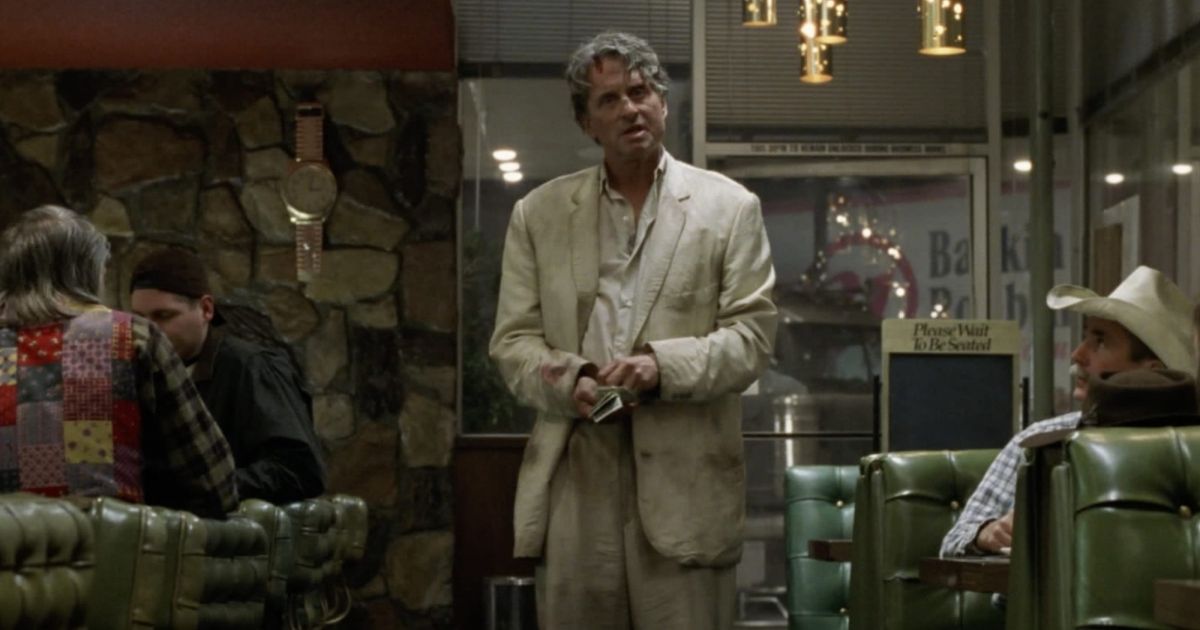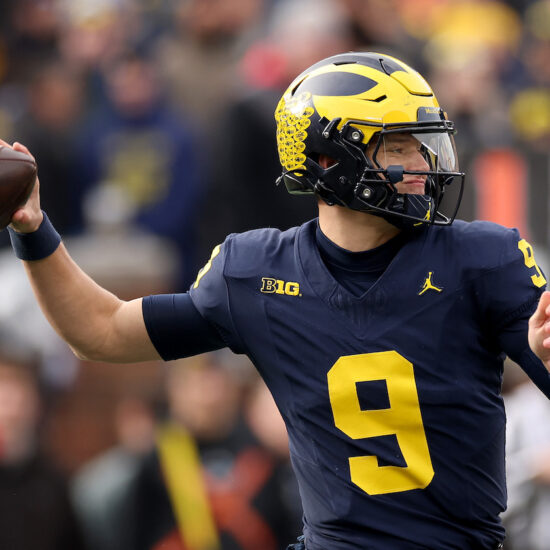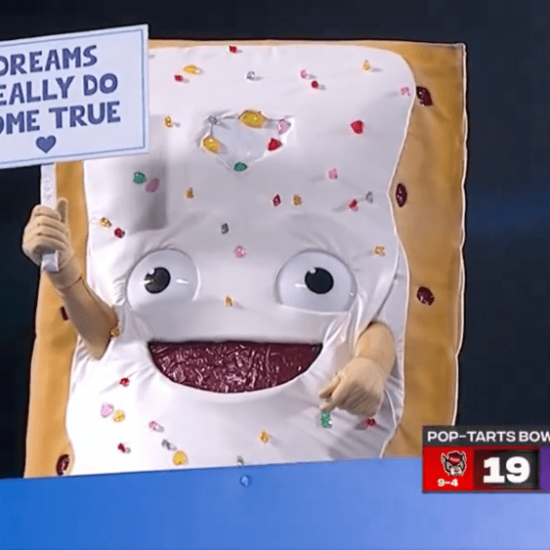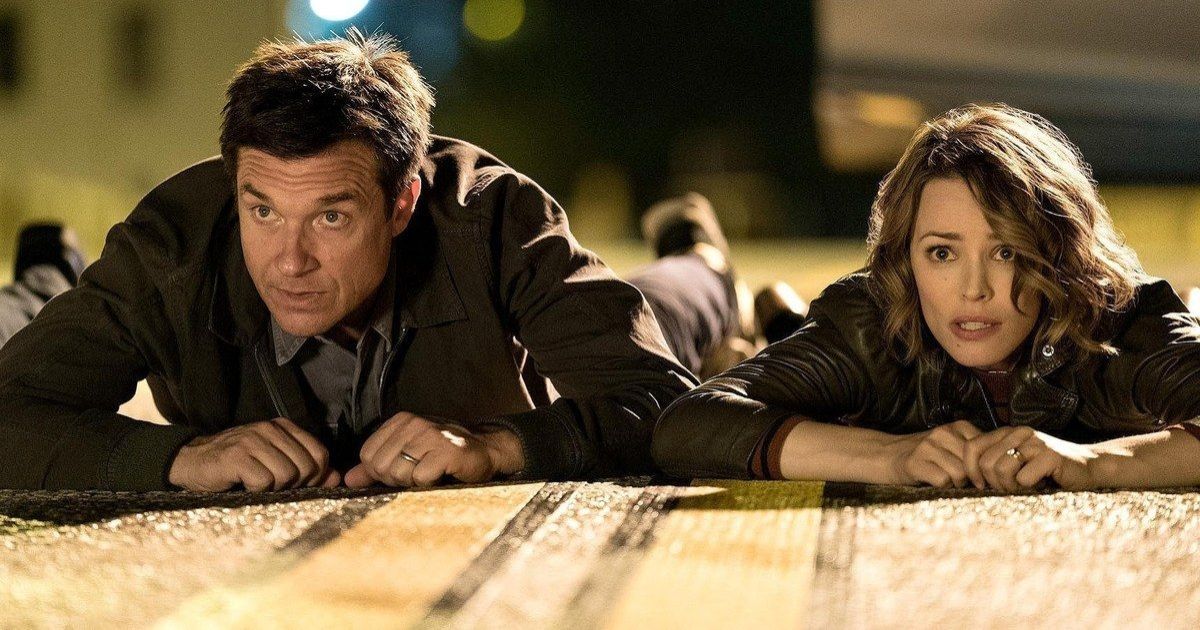
One of David Fincher’s earlier movies, The Game, follows Nicholas Van Orton, a wealthy banker whose brother’s birthday gift to him is an invitation to join a mysterious immersive game. The game in question involves the player going about their life as usual, but the game makers start planting increasingly suspicious and sinister events within it. As you can imagine, this causes Nicholas to become more and more paranoid until the movie reaches a boiling point.
On a similar but less dark-sided note, Game Night features a group of friends meeting for one of their regular board game nights, including Jason Bateman, Kyle Chandler, and Rachel McAdams. When in a set-up for a murder mystery game, Chandler’s character is kidnapped. This is seemingly harmless until things go too far. What follows is a surprisingly similar series of events in which we can never be certain if the characters are experiencing an elaborate game set up by one of their members, or if something more serious is taking place.
Essentially, both movies explore the same idea, but within the thriller and comedy genres respectively. This invites comparison, so all in all, who is most successful in depicting these complex immersive games, The Game or Game Night?
How Far Can We Buy Into the Plot?
The success of these movies hinges on how far they can stretch the believability of the events. If they can’t keep you guessing whether what’s happening is real or part of the game, then something has gone wrong. Almost every movie requires a certain suspension of disbelief from the audience if they want to enjoy it because most of the time, the events we see are unlikely or impossible to occur in real life. These, however, take it a step further and require you to invest in two frankly bonkers plots.
As a thriller, The Game’s genre conventions lend themselves more easily to enabling the believability of more far-fetched stories. When we turn to a thriller, we want to be excited and surprised, so audiences of thrillers are more willing to go with crazy twists and turns if they have been earned. For Game Night, comedies aren’t expected to be so intricately plotted. So, on one hand, a comedy might be harder to buy into, but at the same time, it’s a genre that doesn’t need to be taken so seriously. The Game seems to be the most hurt by its genre, with critic Jonathan Rosenbaum dismissing it as “entertaining nonsense” in the Chicago Reader. Perhaps if it were a comedy, the nonsense in question would work in its favor.
Which Is Best Constructed?
In terms of construction, however, which movie comes out on top? Both movies are slick and well-done in their respective ways. Game Night has a quick wit and some scene-stealing performances. Lamorne Morris has nailed his particular brand of comedy, and Jesse Plemons in particular does an incredible job as the uninvited neighbor. Moreover, the cast as a whole has great chemistry and comedic timing with one another — the way they mesh mirrors the movie’s streamlined technical composition.
But, with everything that Game Night has going for it, it’s hard to beat Fincher’s extreme precision when it comes to filmmaking. Famous for having a clear vision and not stopping until he has fulfilled it, Fincher can sometimes reach upwards of 100 takes for a scene; The Game is no exception to this rule. Its composition is fascinating, going from rapid cuts in some sequences to a slow-motion squash scene, and every choice makes sense for the movie. When the whole point of Game Night is to reference and laugh about thrillers such as The Game, it’s hard for them to compete when putting their stylistic choices head-to-head. One is making original and exciting choices and the other is (lovingly and successfully) making fun of those choices.
What Do They Have to Say?
It’s also important to consider what the point of these movies is, what is the conclusion that they arrive at? In Game Night, after Plemons’ Gary is shot and the rest feel bad enough to invite him to their next game night, we learn that the charade were orchestrated by Gary so that they would do exactly that. The events of the movie also bring Bateman’s character and his brother back together. There is more effort put into making the movie entertaining than making it heartwarming or impactful, but it’s not completely lacking in substance.
In The Game’s much grittier world, the story also ends with a fake shooting. Michael Douglas’ character, cornered, accidentally shoots his brother and then jumps off the roof he is on, only to land on an air cushion. His brother, alive and well, explains that the game was precisely that, one designed to help him embrace life beyond his work and become a better person. The endings both following the same trajectory with a staged shooting and the reunification of two brothers lands them on relatively equal footing here. But, because The Game had higher stakes as a result of its greater tension, the payoff of relief also has greater impact.







